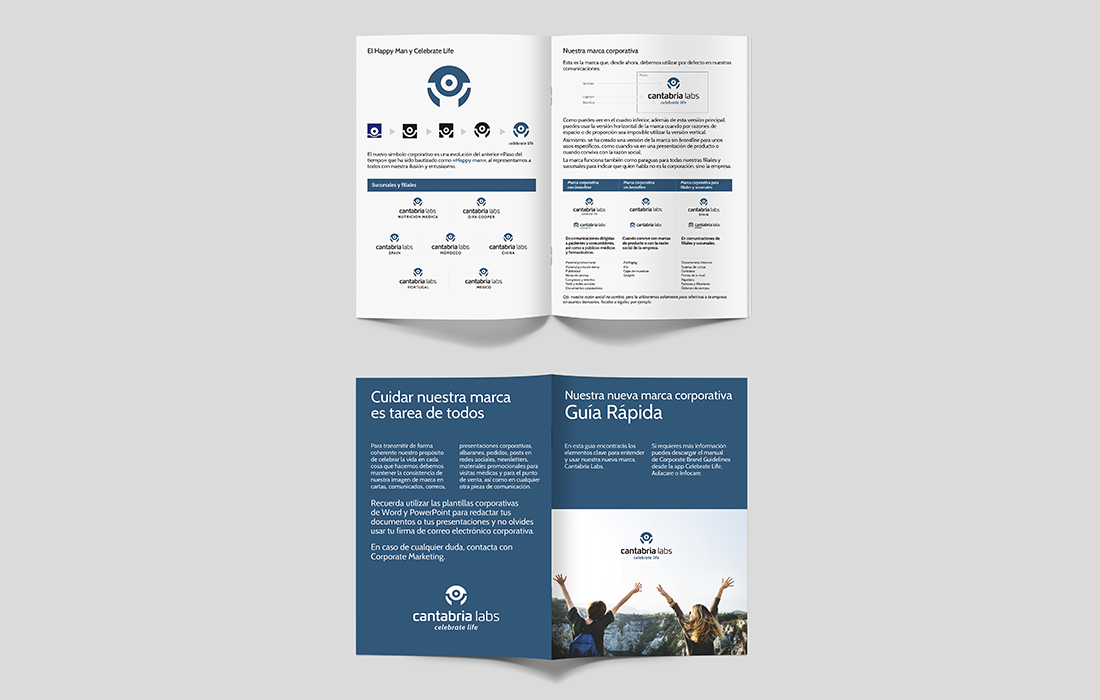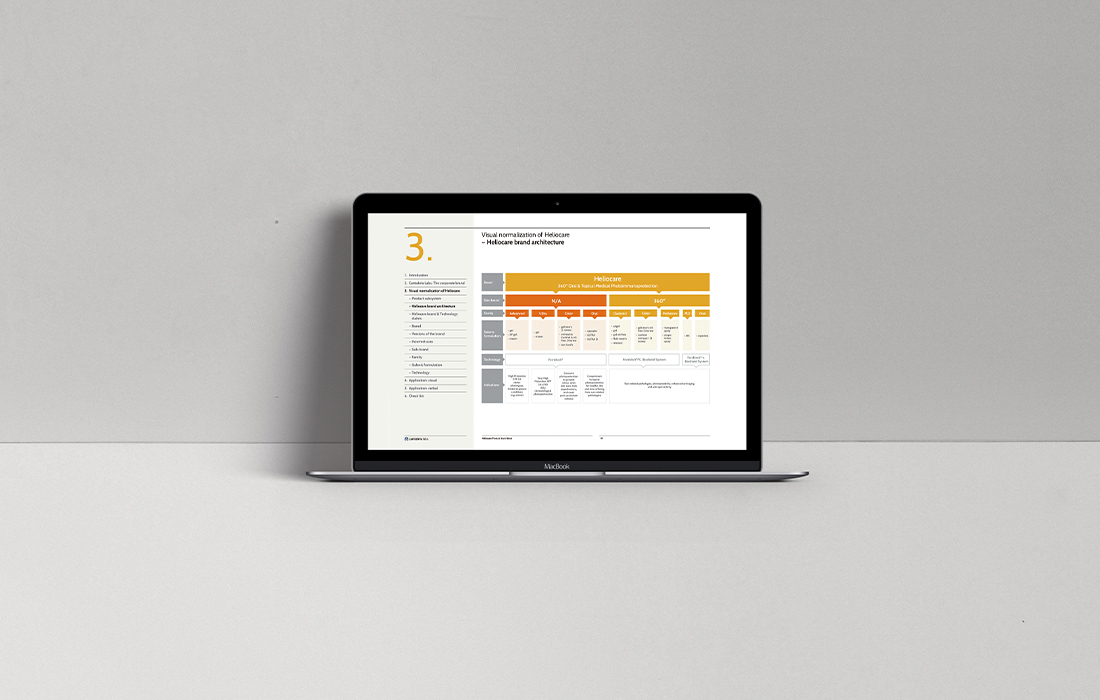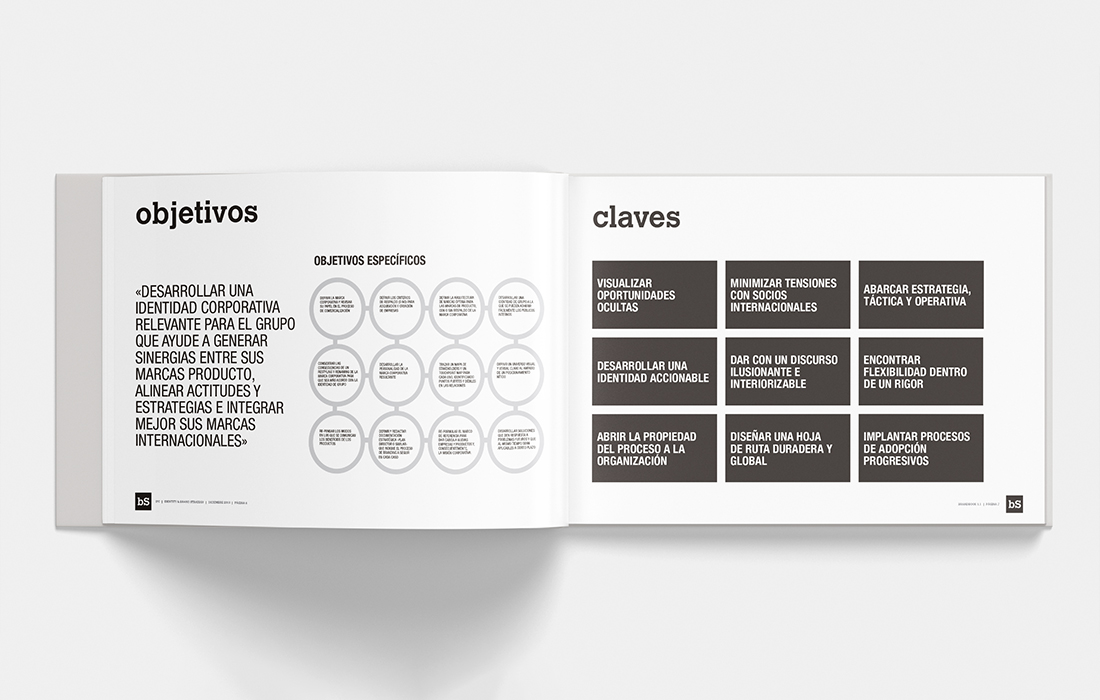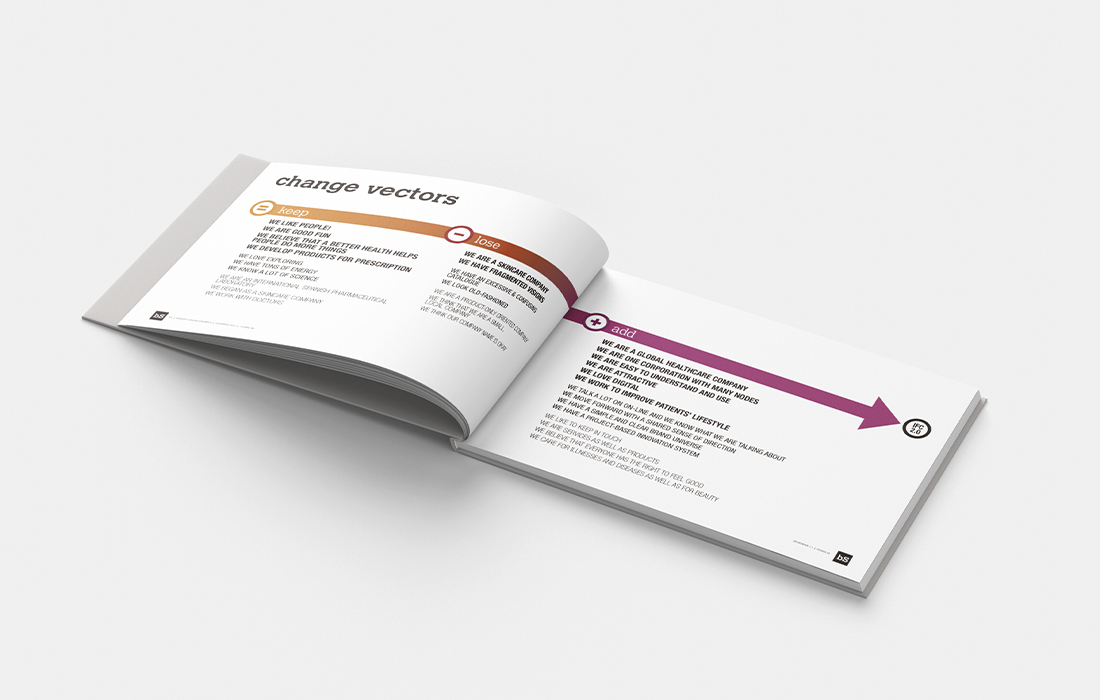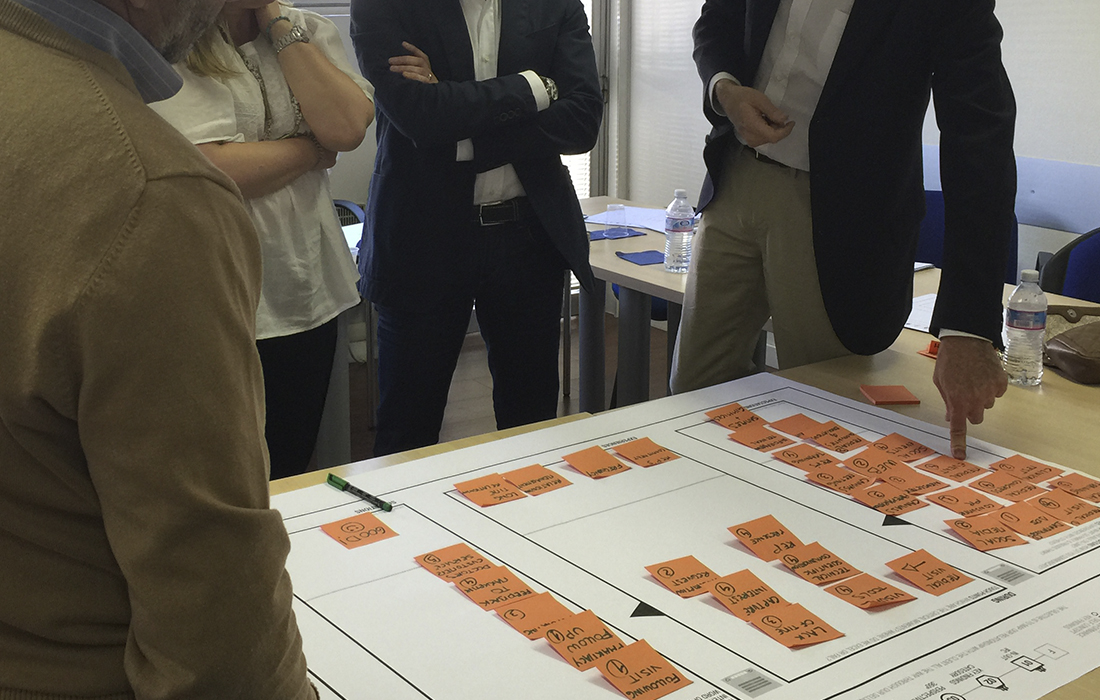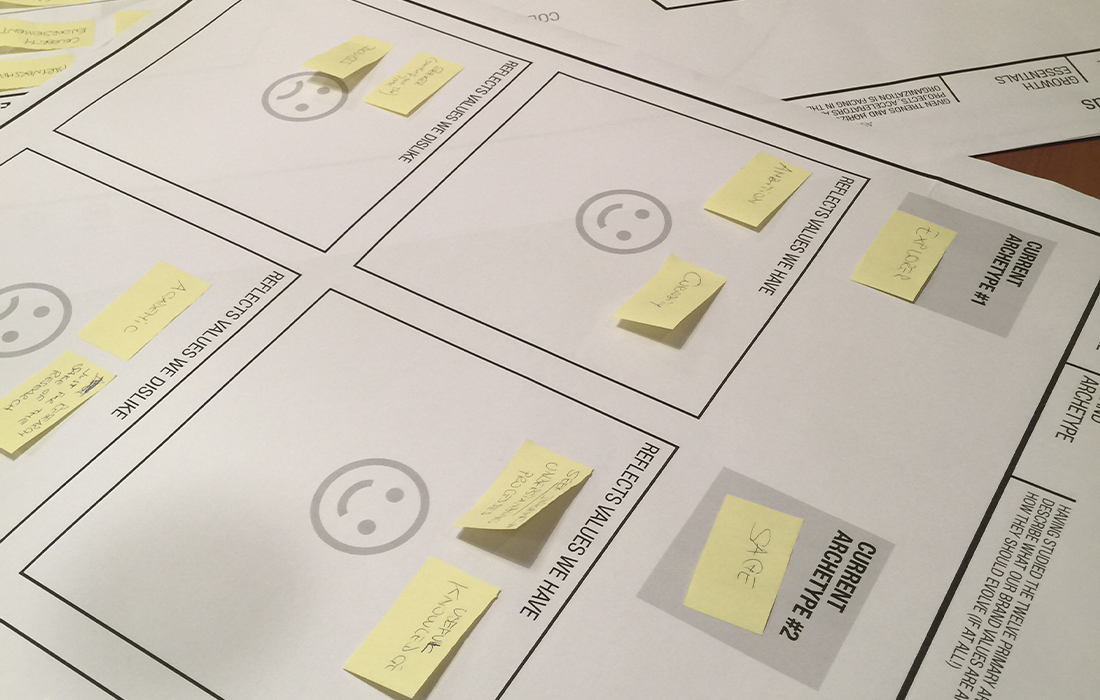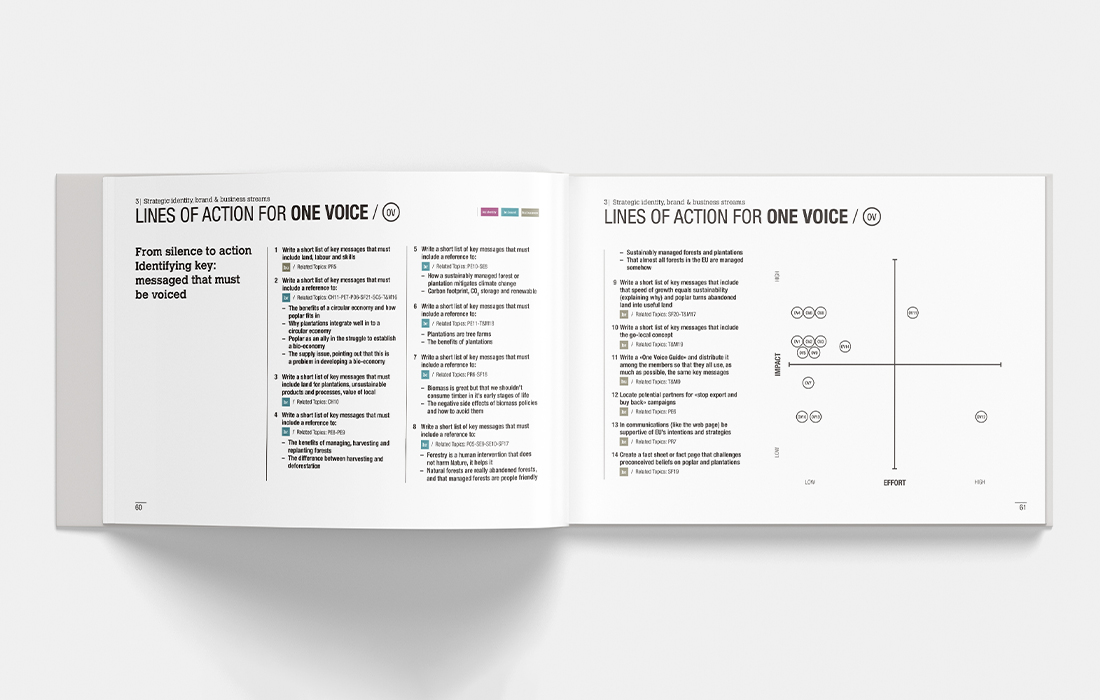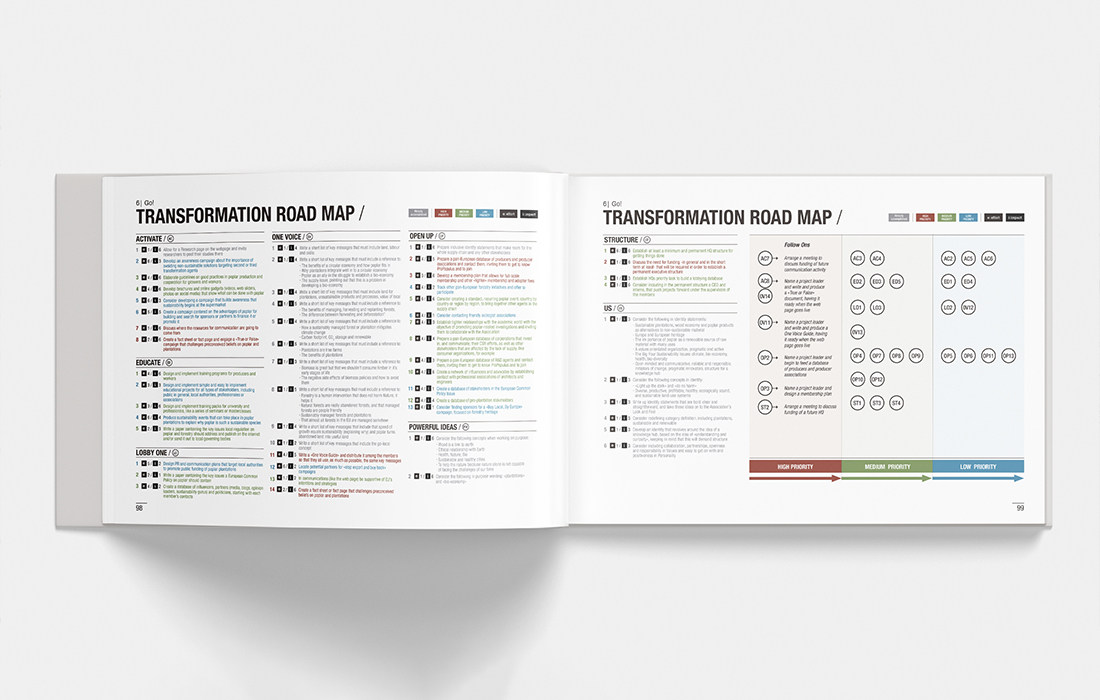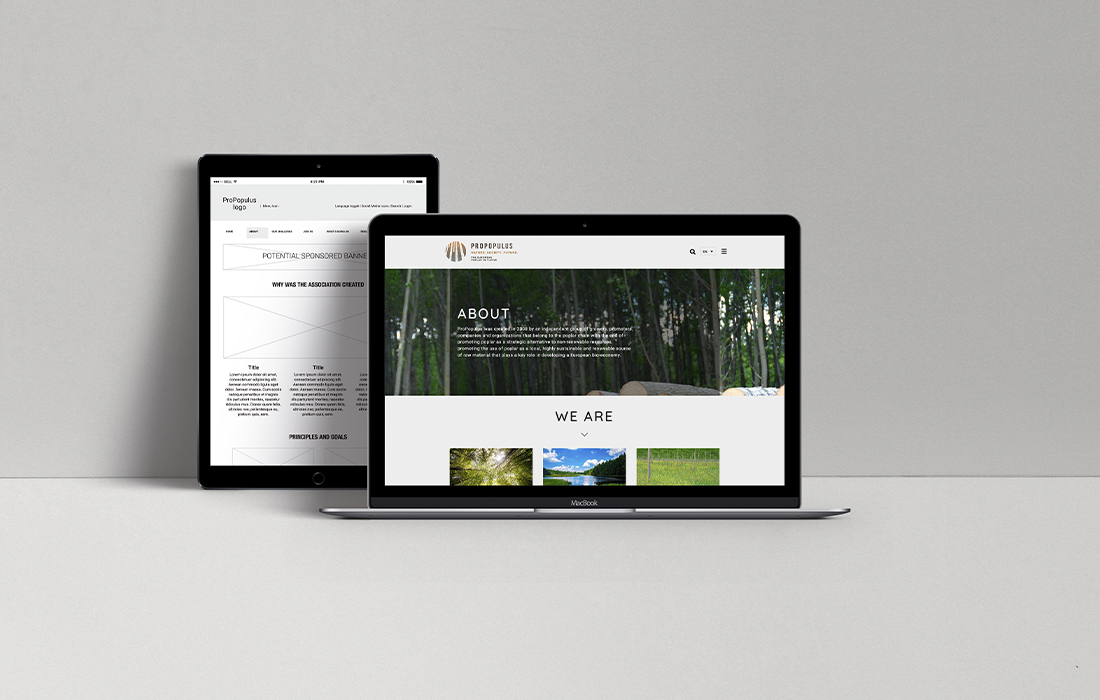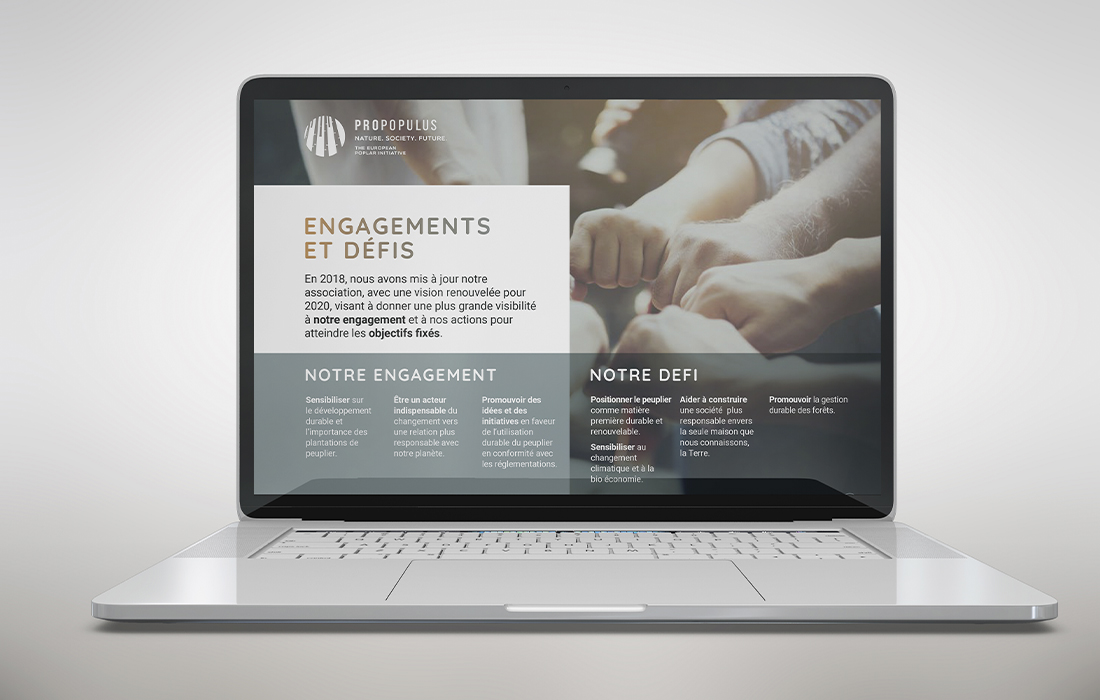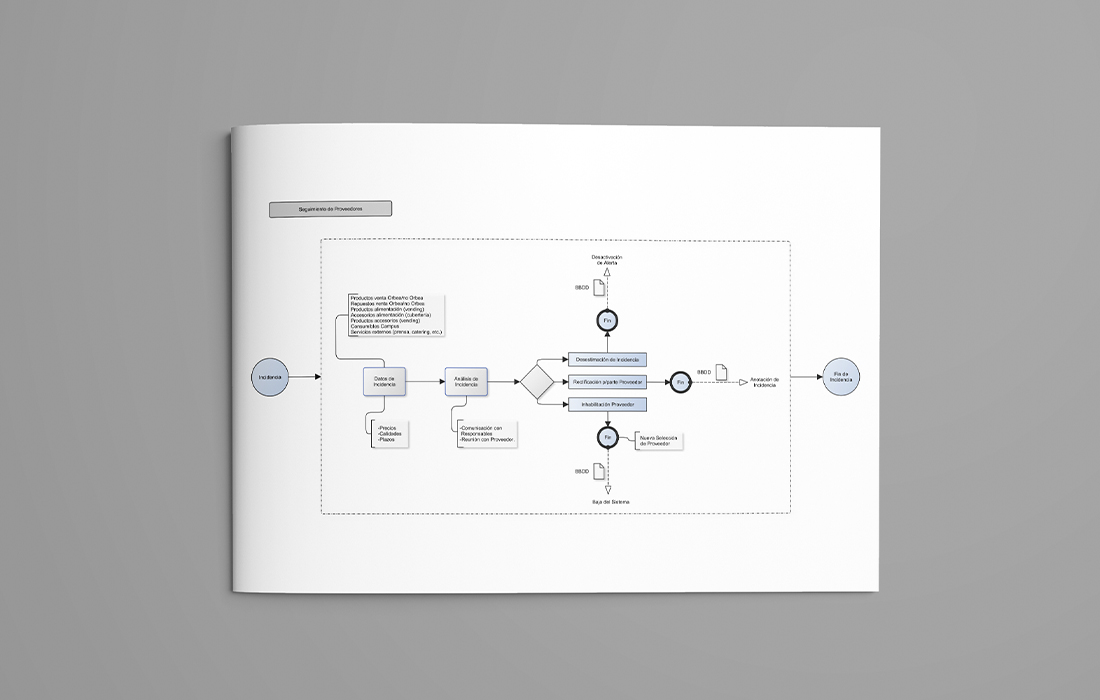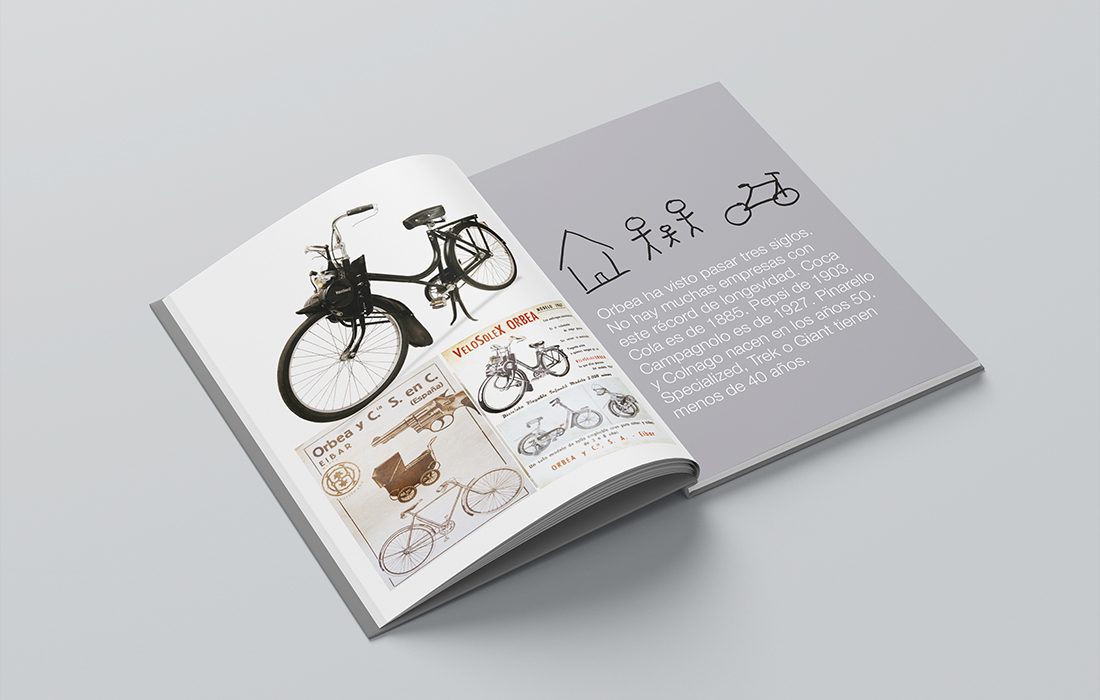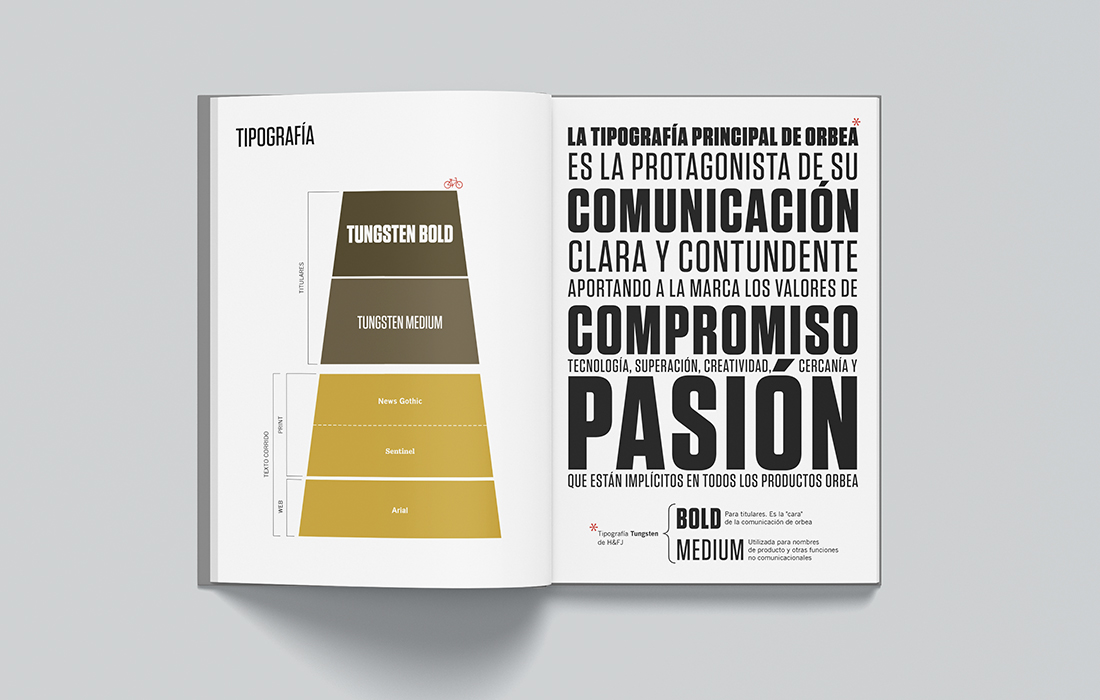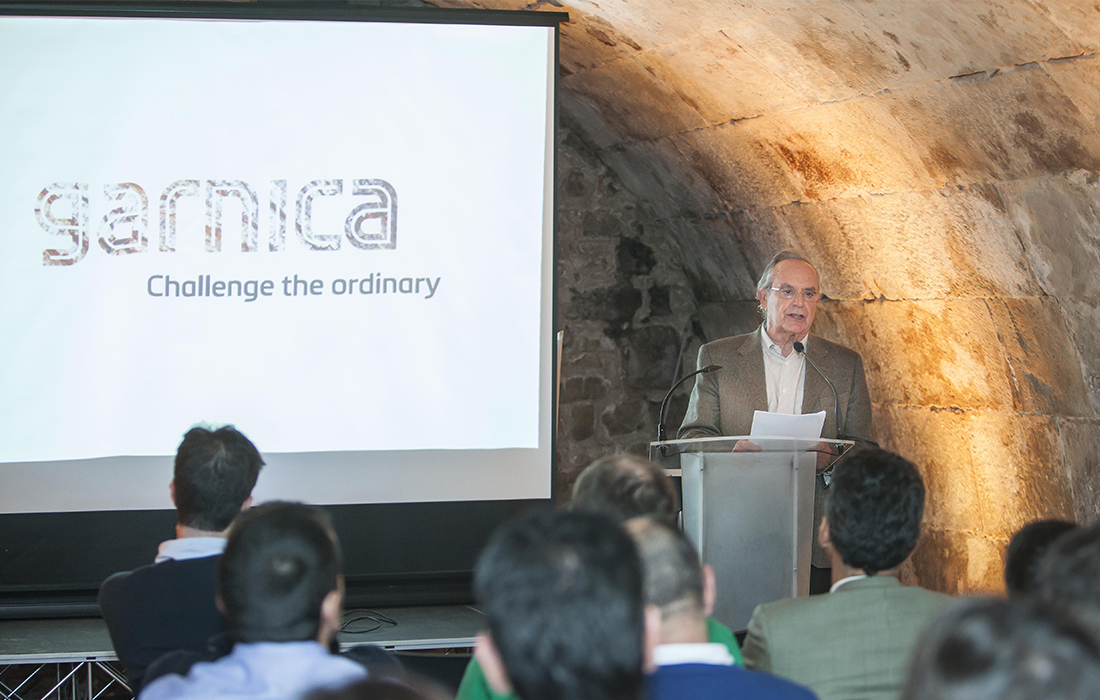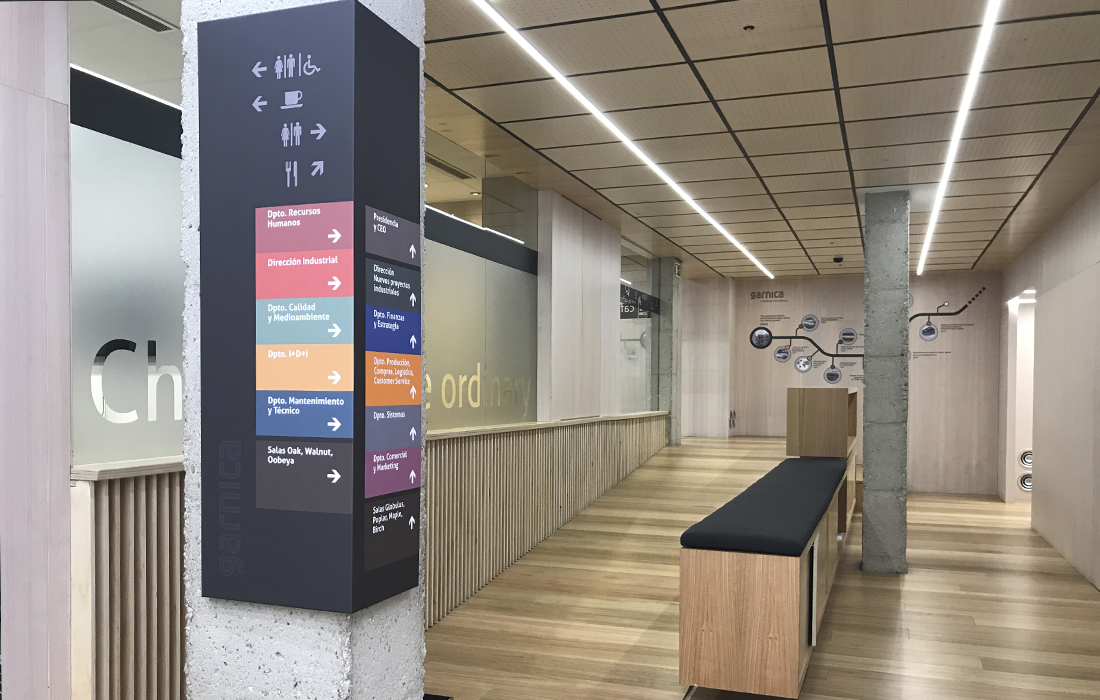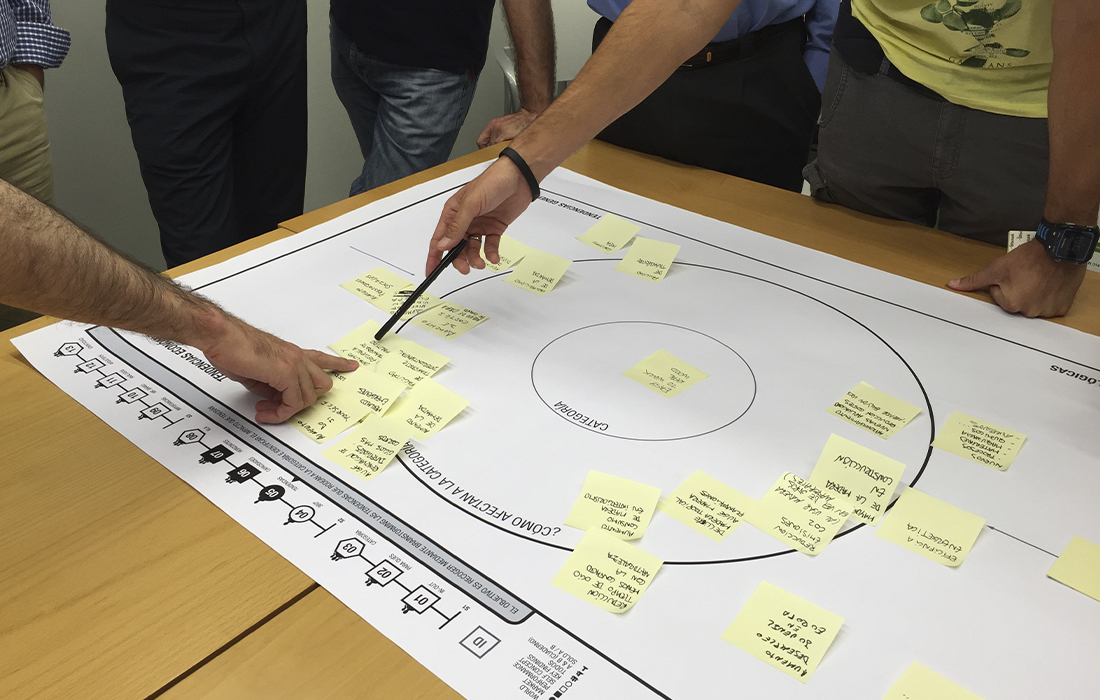
03 Jul A new corporate culture
Whiplash Team, 3rd July 2020
A new corporate culture
The effects of the pandemic are fostering accelerated but lasting changes in corporate cultures. In the way of working, producing, and in relations with employees, suppliers and society.
Little by little the world is entering the so-called “new normal”. But nothing is the same as before. Social distancing is here to stay, at least for a long while. The implementation of telecommuting has taken a quantum leap, not only in Spain but on a global scale. It is emerging as a formula that many companies will adopt in a steady way with different combinations for diverse positions and jobs. Many industries are struggling to move forward while others flourish under a greater awareness of the need for a new, more humane, and sustainable economic model.
Meanwhile, consumers and employees identify and support brands that demonstrate their values with tangible facts in times of crisis, and turn their backs on those that opportunistically take advantage of health, social, environmental or political issues or tiptoe without taking position or contribute to society in any way. It is not enough to do large employer branding or marketing campaigns. More is needed, and organizations are taking note, because the pandemic will undoubtedly have lasting effects, especially in corporate cultures which are forced to change their way of operating, in relations and manufacturing for the sake of survival.
In this context, one of the key words, in addition to innovation, transparency and solidarity –all, of course, linked in a fundamental way to the purpose– is empathy. Organizational leaders are becoming aware of the importance of paying more attention and being empathetic to the issues that worry their staff members. Ultimately, they are, at least in this circumstance, also the concerns of consumers, of suppliers, and of all those who make up the value chain. Globally we all have been affected to a greater or lesser extent by the pandemic and we are all concerned about health, the possibility of a new outbreak of the illness, unemployment, the economic crisis.
This implies adopting values that foster a collaborative culture within organizations, where information is shared and everyone cares for everyone, even remotely. Because technology has not only been a vehicle to keep companies operating during lock-down, but also to maintain contact, to remain united in difficult times. It is also a social tool to encourage and nurture the culture and values of the organization with its members and with suppliers and customers.
But now, when the time has come to go back to the streets, to assume the “new normal”, this empathy within the organization must also be demonstrated on the outside. It is time to assume the responsibility of the company with society, its corporate social responsibility, as a strategic matter and not as an act of specific philanthropy. As Antonio Mateo, CSR expert and founder of the Helping by Doing Foundation points out, “Philanthropy is very punctual, very ephemeral. Okay, it is necessary, but the strategy is essential. “
For Mateo, “the strategic is where you put your soul”, and there are two ways of assuming CSR within the culture of organizations: one philanthropically and the other strategical. “In philanthropic there are two quite different levels: the donor and the beneficiary. In the strategy there is one: we all win, we are all participants, or if you want to call it that, we are all beneficiaries. In philanthropy, leadership is more about the worker who signs up and does an activity. In the strategic no. The leadership and the commitment are of the company”
This change in perspective must necessarily be driven from the management of the organization and must be incorporated into the DNA of the company, its culture, and its values. For the business world, the need to adapt to the demands of a society that clamour active and determined participation in the construction of a better tomorrow does not leave room for doubt, but it does leave plenty of margin for managing positive change.




